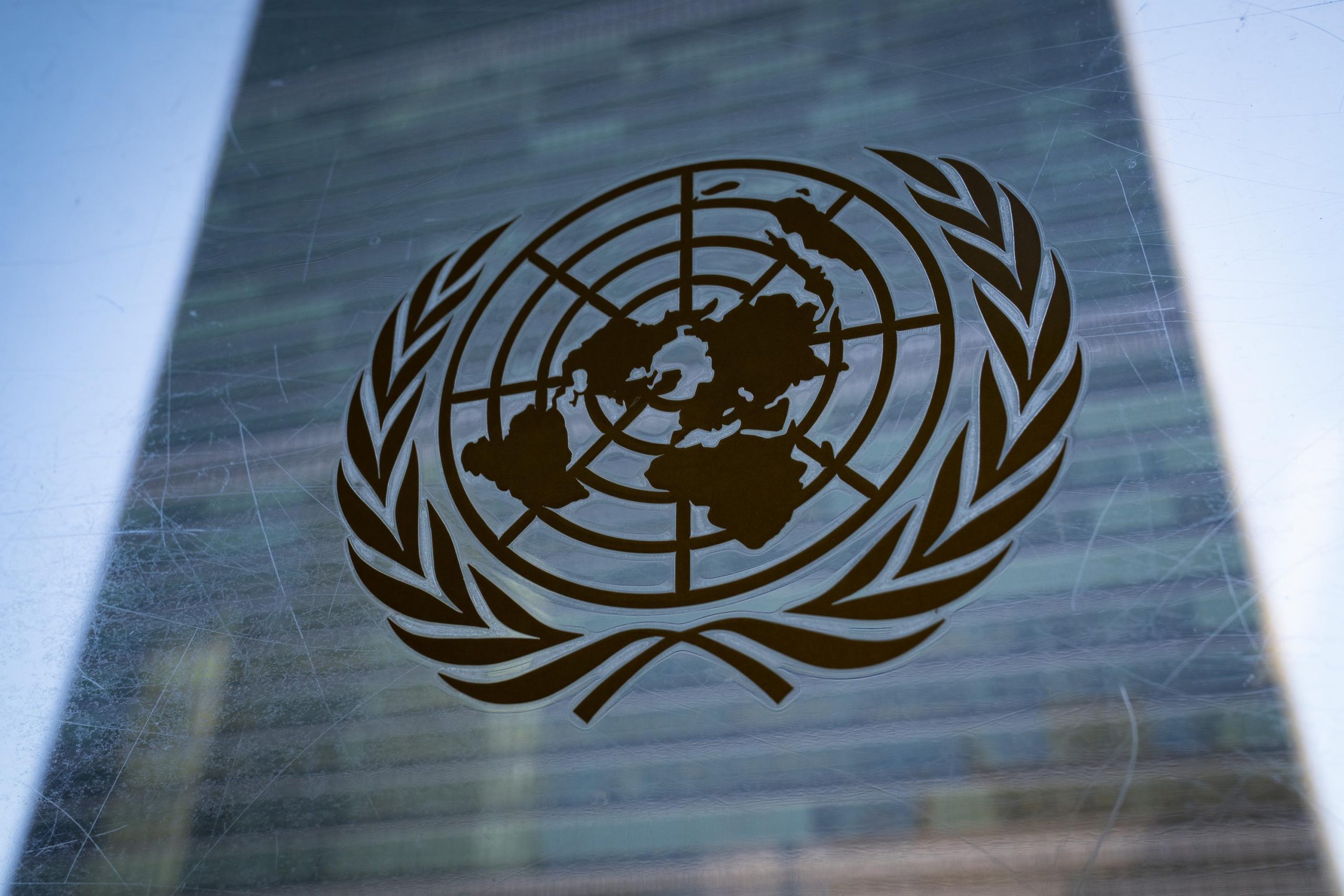In the years following its establishment in 1945, the United Nations (UN) has increasingly pursued a global agenda that involves influencing sovereign nations across the globe.
This bureaucratic entity has been gradually working towards establishing itself as a singular global authority with comprehensive control over humanity. Similar to other global organizations like the World Economic Forum (WEF), the UN envisions a future where the public resides in "15-minute cities," where every action is tracked through digital IDs and managed by "digital cash," all under the oversight of artificial intelligence (AI).
However, this globalist perspective, dominated by a select few, excludes the vast majority of the global population, many of whom would be deemed "redundant" due to AI advancements.
In response to this perceived "issue," there are subtle indications that globalists have been exploring methods to manage and diminish global population numbers.
The United Nations Department of Economic and Social Affairs (DESA) operates an online resource called "World Population Prospects," enabling access to graphical representations and probabilistic projections of the UN's demographic data for various countries and regions.
DESA forecasts a significant decline in the working-age population of "developed regions" worldwide, commencing around 2025. These "developed regions" encompass Europe, Northern America, Australia, New Zealand, and Japan, according to DESA's classification.
The UN has long been engaged in addressing population-related matters through entities such as the UN Population Fund (UNFPA) and the UN Population Division of DESA. However, this raises speculation about whether the UN's projections signify an anticipated drop in the working-age populace or reveal the objectives of a planned depopulation initiative.
The UNFPA, initiated in 1969, assumed a pivotal role in advocating population programs, with its mandate further outlined at the International Conference on Population and Development (ICPD) in Cairo in 1994.
Moreover, a report to the US Congress in 2007 labeled the UNFPA as the primary source of global population and reproductive health programs, funded predominantly by specific donors like the Netherlands and Japan, among others.
Stanley Johnson, father of former UK Prime Minister Boris Johnson, has contributed extensively to discussions around population issues through various publications.
The Cairo Plan, a pivotal outcome of the ICPD, steered away from coercive population control measures, emphasizing instead policies empowering women, promoting economic parity, and amplifying women's agency in reproductive decisions.
This plan recognized that empowering women correlated with reduced population growth, as education, economic, and political rights for women were augmented, leading to a desire for fewer children.
Agreements at the ICPD aimed to stabilize the global population at 7.27 billion by 2015 through a 20-year "program of action," aligning with discussions from the UN Conference on Environment and Development held in Rio de Janeiro in 1992.
DESA's Population Division, facilitating UN bodies like the Commission on Population and Development, compiles data supporting the ICPD's Program of Action.
Recent data from DESA shows a pronounced decline in the working-age population (25-64 age group) from around 2024/2025, coupled withh a shift where deaths surpass births.
Speculation arises whether these trends are merely predictions or indicative of a targeted depopulation strategy and, if deliberate, the methods employed to escalate deaths while curbing births.
Additionally, documented government policies aimed at altering fertility levels serve as evidence that deliberate population reduction measures have been actively pursued.
Various methods like war, famine, disease, and environmental toxins, alongside potential social engineering, have been suggested as means to reduce global birth rates.
However, claims regarding deliberate efforts to control birth rates through vaccines and other means have sparked controversy, with divergent perspectives on their impact on infertility and population reduction.
Accounts on social media platforms have highlighted historical documents purportedly outlining strategies to control population growth, sparking discussions on the potential manipulation of public health initiatives to influence birth rates.
While these discussions raise questions about intentional efforts to alter global population dynamics, there remain contentious viewpoints on the role of various factors in these shifts, such as public health policies and environmental changes.
Support My Journey 
If you’ve enjoyed this article, please consider donating! I’m saving up to buy a used car to keep my travels (and stories) rolling. Every little bit helps — and is deeply appreciated. GoGetFunding



